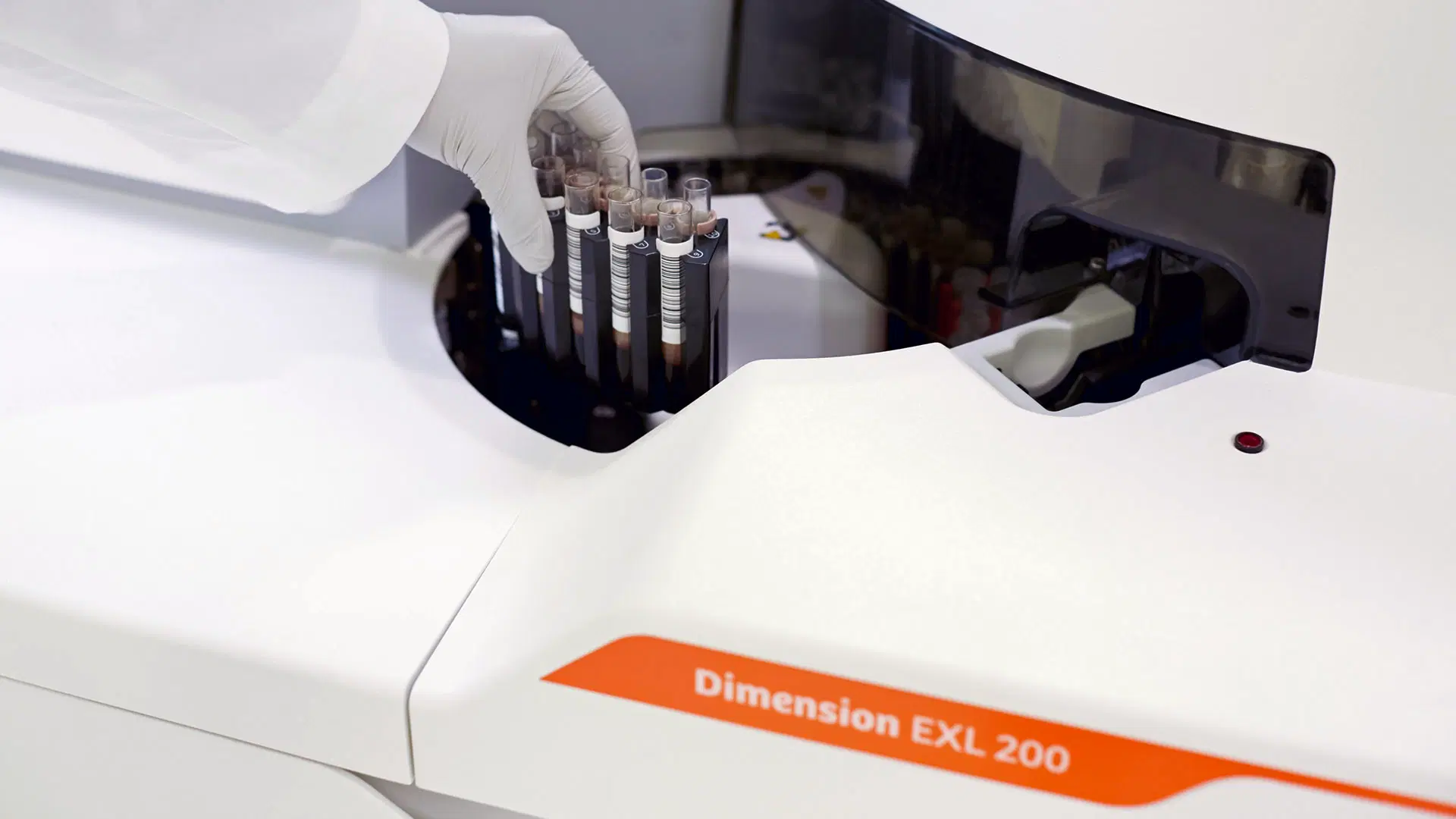APTT
July 3, 2023Thrombin Time
July 3, 2023
The Fibrinogen blood test measures the level of fibrinogen, a protein involved in blood clot formation, in your blood. Fibrinogen is essential for the formation of a stable blood clot.
Sample Type: The test requires a small blood sample, typically obtained by drawing blood from a vein in your arm using a needle.
Normal Range: The normal range for fibrinogen levels in the blood is generally between 200 to 400 milligrams per deciliter (mg/dL) or 2 to 4 grams per liter (g/L). However, the specific range may vary slightly depending on the laboratory and the reference values they use.
Fibrinogen plays a crucial role in the clotting process. It is converted to fibrin, which forms a mesh-like structure to stabilize a blood clot. Abnormal fibrinogen levels can affect the clotting ability of the blood.
High fibrinogen levels (hyperfibrinogenemia) may be associated with conditions such as inflammation, infection, certain cancers, or an increased risk of blood clots. Low fibrinogen levels (hypofibrinogenemia) may occur in rare genetic disorders or severe liver disease.
If your fibrinogen levels fall outside the normal range, your healthcare provider may recommend further evaluation to determine the underlying cause and appropriate management.
It’s important to consult with a healthcare professional for proper interpretation of your fibrinogen test results and to discuss any necessary steps or treatments based on the findings.
Related products
Bilirubin, Direct
$7.00The Bilirubin, Direct blood test measures the level of direct bilirubin in your blood. Bilirubin is a yellow pigment produced when red blood cells break down. […]
Von Willebrand Factor
The Von Willebrand Factor (VWF) blood test measures the level and activity of Von Willebrand Factor, a protein involved in blood clotting. Von Willebrand Factor helps […]





Reviews
There are no reviews yet.